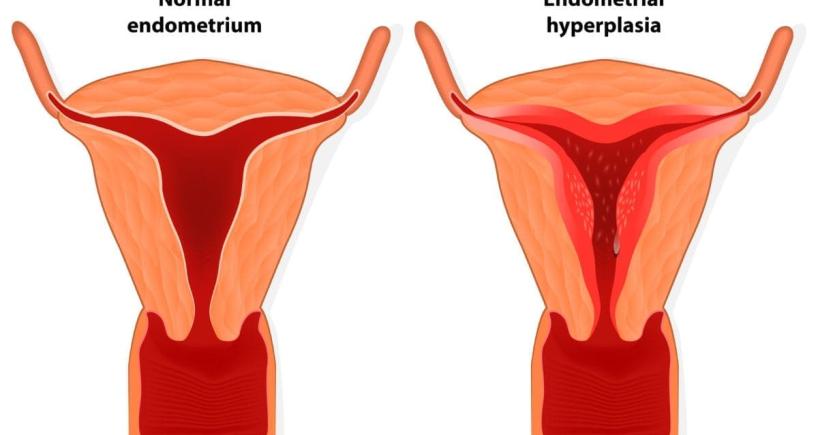
Congenital Adrenal Hyperplasia can lead to hormone imbalances that affect growth, development, and overall health.
Types of CAH
1. Classic CAH
Classic CAH is the more severe form and is usually diagnosed at birth or in early infancy. It is divided into two types:
- Salt-wasting CAH: This type can lead to life-threatening dehydration due to aldosterone deficiency.
- Simple virilizing CAH: Less severe than salt-wasting, but still causes excess androgen production.
2. Non-Classic CAH
This milder form often becomes apparent in late childhood or early adulthood. Symptoms are less severe and may include irregular menstruation, acne, or early signs of puberty.
Causes and Genetic Background
CAH is caused by mutations in the CYP21A2 gene, responsible for producing the 21-hydroxylase enzyme. It follows an autosomal recessive inheritance pattern, meaning a child must inherit the mutated gene from both parents.
Signs and Symptoms
The symptoms of CAH can vary depending on the type and severity:
Symptoms of Classic CAH:
- Dehydration and vomiting (salt-wasting type)
- Poor weight gain
- Low blood pressure
- Ambiguous genitalia in females
- Early development of pubic hair
- Rapid growth but short final adult height
Symptoms of Non-Classic CAH:
- Irregular or absent periods
- Excessive facial or body hair (hirsutism)
- Severe acne
- Early puberty or accelerated growth in children
How is CAH Diagnosed?
Early diagnosis is crucial for managing CAH effectively. Diagnosis usually involves:
- Newborn screening: Most countries include CAH in routine newborn screening programs.
- Blood tests: To measure hormone levels like cortisol, aldosterone, and 17-hydroxyprogesterone.
- Genetic testing: Confirms mutations in the CYP21A2 gene.
- Imaging: Ultrasound or MRI may be used to evaluate adrenal glands or reproductive organs.
Treatment Options for CAH
Treatment aims to restore hormonal balance and manage symptoms.
1. Hormone Replacement Therapy
- Glucocorticoids (e.g., hydrocortisone) to replace cortisol
- Mineralocorticoids (e.g., fludrocortisone) to regulate salt and water levels
- Salt supplements for infants with salt-wasting CAH
2. Surgical Intervention
- Genital reconstructive surgery may be considered for girls with ambiguous genitalia
3. Psychological Support
- Counseling and support groups can help children and families cope with the emotional aspects of CAH.
4. Regular Monitoring
Patients need routine checkups to adjust medication and monitor growth, hormone levels, and bone development.
Lifestyle and Management Tips
Living with CAH requires careful day-to-day management. Here are some practical strategies:
- Adhere to medication schedules
- Wear medical alert identification
- Monitor for signs of adrenal crisis
- Stay informed about emergency care plans
- Maintain regular follow-up appointments
Risks and Complications
If left untreated or poorly managed, CAH can lead to:
- Adrenal crisis (life-threatening hormone deficiency)
- Growth abnormalities
- Fertility issues
- Psychological stress and anxiety
Prognosis and Long-Term Outlook
With early diagnosis and appropriate treatment, most individuals with CAH can lead normal and healthy lives. Ongoing medical care and patient education are essential for optimal outcomes.
Real-Life Example: Emma’s Journey with CAH
Emma, diagnosed with classic salt-wasting CAH at birth, was immediately started on hormone therapy. With regular medical care, she thrived in school and now educates others about living with CAH. Emma’s story highlights the importance of early intervention and community support.
Conclusion: Understanding and Supporting Those with CAH
Congenital Adrenal Hyperplasia is a manageable condition when diagnosed early and treated appropriately. Patients and families can live full, healthy lives with the right medical support and education. If you suspect CAH in your child or have a family history of the disorder, consult a healthcare provider for genetic counseling and screening.
